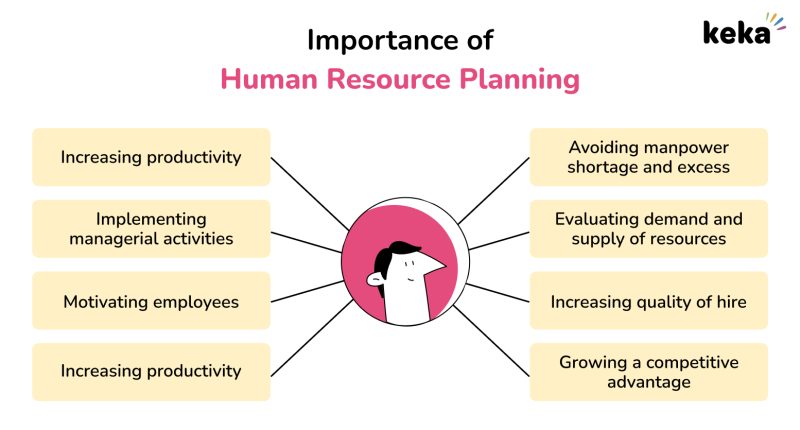What is the role of diplomacy in international business negotiations
Diplomacy plays a vital role in international business negotiations by facilitating interactions between parties from different countries and cultures. It helps bridge gaps, manage conflicts, and create favorable conditions for successful agreements. Here’s a detailed look at the key roles of diplomacy in international business negotiations:
1. Facilitating Communication
-
Clarifying Intentions: Diplomacy helps in clarifying the intentions and expectations of all parties involved. Effective communication is crucial for avoiding misunderstandings and ensuring that each party’s goals are clearly understood.
-
Overcoming Language Barriers: Diplomats often assist in overcoming language barriers by providing translation services and ensuring that communication is clear and precise.
2. Building and Maintaining Relationships
-
Establishing Trust: Building trust is essential for successful negotiations. Diplomacy helps in establishing and maintaining trust between parties, which can lead to more collaborative and productive interactions.
-
Networking: Diplomats and business representatives use their networks to build relationships with key stakeholders, facilitating introductions and creating opportunities for collaboration.
3. Navigating Cultural Differences
-
Cultural Sensitivity: Diplomacy involves understanding and respecting cultural differences, which can impact negotiation styles, decision-making processes, and business practices. By being culturally sensitive, diplomats help avoid misunderstandings and foster positive interactions.
-
Adapting Strategies: Diplomats adapt negotiation strategies to fit the cultural context of the parties involved, ensuring that approaches are appropriate and effective.
4. Managing Conflicts and Disputes
-
Conflict Resolution: Diplomacy provides mechanisms for resolving conflicts and disputes that may arise during negotiations. Effective conflict resolution helps keep negotiations on track and prevents breakdowns.
-
Mediating Differences: Diplomats often act as mediators to address differences and find common ground between negotiating parties. They help facilitate compromises and reach mutually acceptable solutions.
5. Influencing Negotiation Outcomes
-
Strategic Advice: Diplomats provide strategic advice and guidance on how to approach negotiations, including how to leverage strengths and manage weaknesses. This strategic input can influence the outcomes of negotiations.
-
Negotiation Tactics: Diplomats employ various negotiation tactics to achieve favorable outcomes, such as proposing creative solutions, making concessions, or finding ways to align interests.
6. Ensuring Compliance with Regulations
-
Regulatory Guidance: Diplomacy helps in understanding and navigating the regulatory environments of different countries. Diplomats provide guidance on compliance with local laws and regulations, which is crucial for successful business dealings.
-
Addressing Legal Issues: Diplomats assist in addressing legal issues that may arise during negotiations, ensuring that agreements are legally sound and enforceable.
7. Promoting Positive Image
-
Public Diplomacy: Diplomats engage in public diplomacy to promote a positive image of their country or organization. A favorable public image can enhance negotiations and create a more conducive environment for business.
-
Reputation Management: Maintaining a positive reputation and demonstrating reliability helps in building trust and credibility, which can positively impact negotiation outcomes.
8. Leveraging Political and Economic Relationships
-
Political Influence: Diplomats use their political connections and influence to support business negotiations. They may advocate for favorable policies or provide support to help achieve desired outcomes.
-
Economic Partnerships: Diplomacy helps in fostering economic partnerships and alliances that can support business negotiations and provide additional leverage.
9. Facilitating Trade and Investment
-
Trade Agreements: Diplomats play a role in negotiating and implementing trade agreements that create favorable conditions for international business. These agreements can reduce barriers to trade and open new markets.
-
Investment Promotion: Diplomacy supports efforts to attract foreign investment by creating a favorable investment climate and addressing potential concerns.
10. Crisis Management
- Handling Disruptions: In the event of crises or disruptions that impact negotiations, diplomacy helps manage the situation and find solutions to minimize negative effects and keep negotiations moving forward.
Conclusion
Diplomacy is essential in international business negotiations as it facilitates communication, builds relationships, navigates cultural differences, and manages conflicts. It provides strategic guidance, ensures regulatory compliance, promotes a positive image, and leverages political and economic relationships. By playing these roles, diplomacy helps create favorable conditions for successful international business agreements and long-term partnerships.






